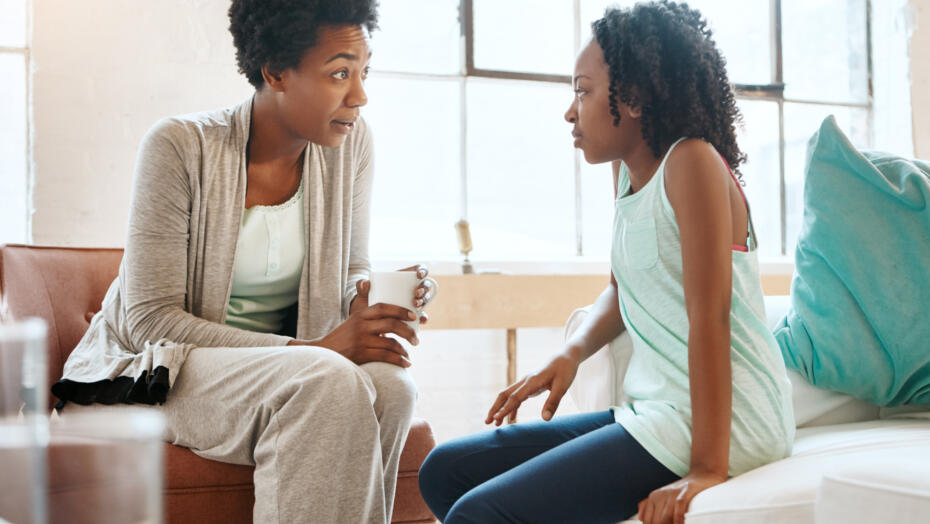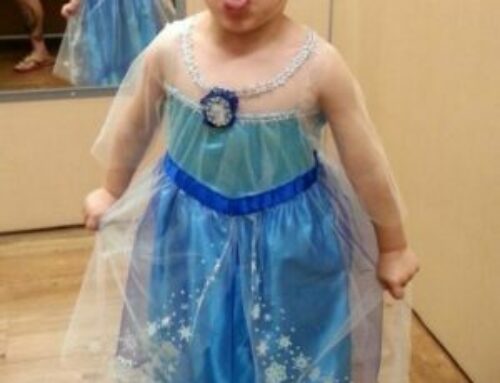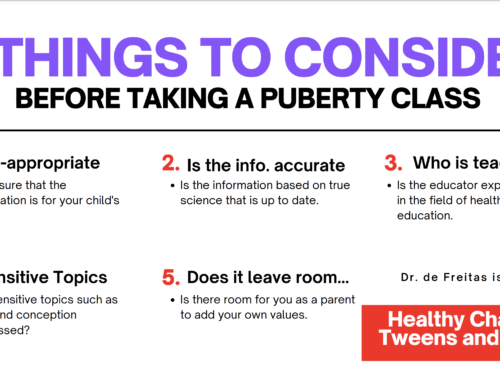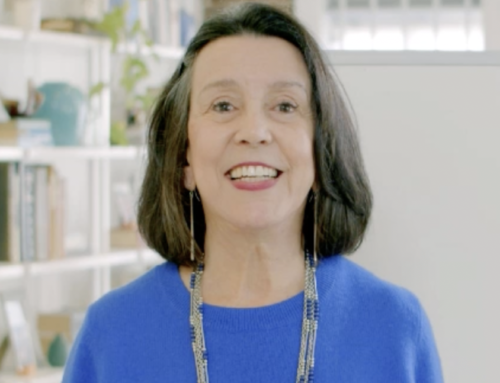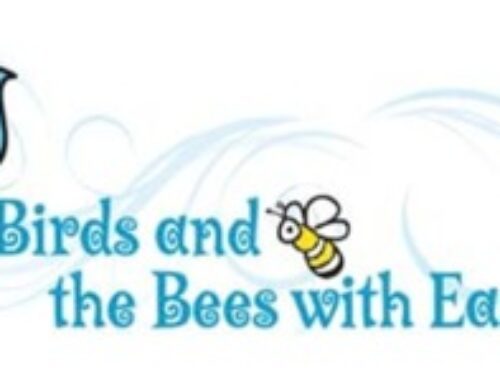
52% of teens would rather get information from parents.
How to Talk to Children About Abortion
There is much happening in our society these days and our children do hear the words “abortion” and “pro-choice” and “pro-life”. Abortion is a hot-button issue that can often be hard to discuss rationally.
As parents, we want to be able to have open and honest conversations with our children about abortion, but sometimes it’s hard to know where to start.
Preschoolers
For this age group is it at times difficult to truly understand the concept so keep it simple. Let them know if they ask, that it is an adult difficult decision and that you are open to talking about it when they get older.
School-Age Children
As they get a bit older, the children in your life will want more details. You can explain that just like getting a cavity filled or putting a cast on a broken arm, abortion is a basic part of health care. You can also start to introduce outside materials to paint the larger picture of what being abortion-positive looks like. For example, the picture book What’s An Abortion Anyway by Carly Manes is a medically accurate, non-judgmental, and gender-inclusive resource for young folks ages 8+ about abortion care. As the author explained, “Its purpose is to show folks what abortion is in a way that’s accessible and inclusive of all people’s abortion experience. It tells a story that’s medically accurate, non-judgmental, and gender-inclusive in a way that helps champions introduce the topic to the young people in their lives.” Books like this jumpstart conversations and open the floor for any questions your young person may have.
Middle Schoolers
By this age, pre-teens are more likely to have heard about abortion but might not have a grasp on the significance of the decision. You can start off a conversation by inviting them to share anything they’ve seen on social media, talked about with their friends, or have questions about. Ask if they have heard about abortion in their health education class at school. By asking them what they know about abortion, gain you can identify any misperceptions they may have. As they approach the age where pregnancy becomes a possibility, make sure they understand that they are in an open and judgment-free zone with you. At the same time, your personal health history regarding this topic is still private and should be respected.
At this age, your young person may also have some deeper questions. If something comes up while talking or if your young person asks you a question you don’t know the answer to, be honest and say you aren’t sure. You can either come back to them later after you’ve done your homework, or you can do research and learn together.
High Schoolers
By now, abortion is a much ample topic. Did you know that 25% of females will have one pregnancy before the age of 20? Most of them are unintended. The recent attacks on reproductive freedom could be especially daunting for someone in this age group and cause them to worry about their own futures. What’s most important to tell a young person who could get pregnant is that you support their choices and would be there for them if they needed an abortion.
When I was in high school if a young girl got pregnant, she had to leave school. They were not allowed to return until after the delivery and even then it was stressful for her. Nowadays it is very different. You can tell your daughter how you feel and that you would support her no matter what. I was mortified when my young friend had gotten pregnant but as I continue to mature I better understood the implications.
Whether your young person is sexually active or not, it’s important they understand how recent abortion bans across various states function and would potentially limit their ability to get access. You can also remind them the that US Supreme Court decision is in certain states. And no matter what the Court ultimately decides, abortion will still be legally protected in some states.
Right now, young people deserve abortion-positive health education that can serve as a nonbias source for all their sexual health needs. As a parent, be committed to making sure that if your daughter needs help finding an abortion, she can come to you and you can access this comprehensive, nationwide database of abortion providers. Visit AbortionFinder.org to learn more and share with others you care about.
In summary here are a few tips on how to talk to your children about abortion:
1. It’s important to be honest with your children about your own beliefs on the issue. if you’re not comfortable discussing your own views, that’s okay – you can simply tell them that this is a complex issue and there are many different opinions on it.
2. Monitor what your children are watching on media. Ask them what they are seeing and use the opportunity to clear up misconceptions. try to avoid using loaded language when discussing abortion with your children. for example, instead of saying “abortion is murder,” you can say “abortion is a difficult decision that some women make.”
3. Answer questions honestly and opening depending on your child’s developmental stage.
4- With complicated topics such as this one, come back to it periodically and follow up questions with your child. Continue to learn more about what our children are being exposed to.
Take care,
Dr. de Freitas
